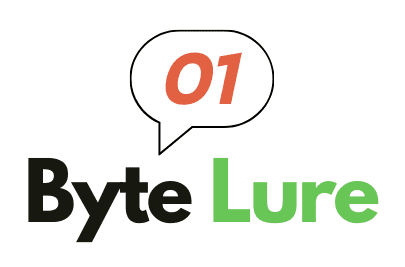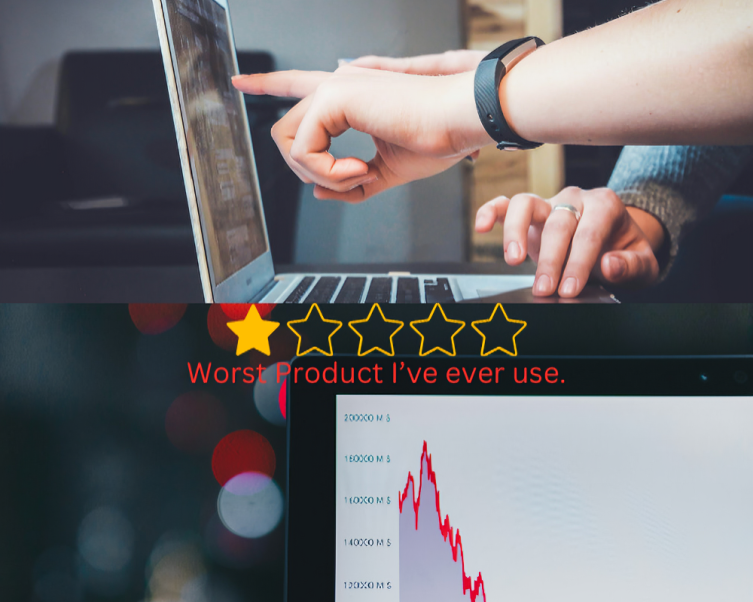There are far more products in the world than one could ever review comprehensively. Therefore, the process of selecting which products to review is like an art form in itself. Most products are just average—they exist, they get made, and they’re fine. They must reach a certain level of interest or quality to even be considered for review, or sometimes they’re exceptionally bad.
Recently, there have been interesting discussions on this topic. Sometimes negative reviews appear, and shortly after, a company goes out of business. This raises the question: “Do bad reviews kill companies, or do bad products kill companies?”
Bad reviews can significantly impact companies, but they typically do not single-handedly kill a company. The real danger lies in a pattern of consistently negative reviews. If a company consistently receives dishonest bad reviews despite offering a genuinely good product, it could eventually lead to a decline in sales, loss of reputation, and ultimately, business closure.
The key is not just one bad review, but a consistent trend of dissatisfaction among customers. This pattern can erode consumer trust, drive away potential customers, and ultimately undermine the company’s viability in the market. Therefore, while bad reviews alone may not kill a company, they can certainly contribute to its downfall if they reflect underlying issues with the product or service that are not addressed effectively.
Do Bad Reviews Kill Companies? - Hear from MKBHD, the World's Biggest YouTuber
What is a Bad Review? Understanding Its Impact
Before delving into the impact of bad reviews, it’s essential to understand what a review is. A review represents an individual’s opinion about a product based on their experience using it. It should be an honest assessment from the consumer’s perspective, whether positive or negative.
When we discuss bad reviews or specifically dishonest reviews, these are opinions about a product that contain falsehoods or lies. Dishonest reviews may be intentionally fabricated without actually using the product. Such reviews are highly detrimental because they can significantly affect sales and erode trust in both the product and the company behind it. They mislead potential customers, leading to negative consequences for the business’s reputation and market success. Therefore, maintaining integrity and authenticity in reviews is crucial for fostering consumer trust and ensuring fair evaluations of products in the marketplace.
In conclusion, while bad reviews or dishonesty can certainly impact companies by influencing consumer perception and purchase decisions, they typically do not single-handedly “kill” a company. The true impact depends on various factors, including the overall quality of the product or service, the company’s response to feedback, and the broader market context. Companies need to address legitimate concerns raised in reviews and strive for continuous improvement to maintain consumer trust and competitiveness in the marketplace.
Read more related posts:- https://bytelure.in/meta-ai-llama-3-the-ultimate-ai-assistant/




